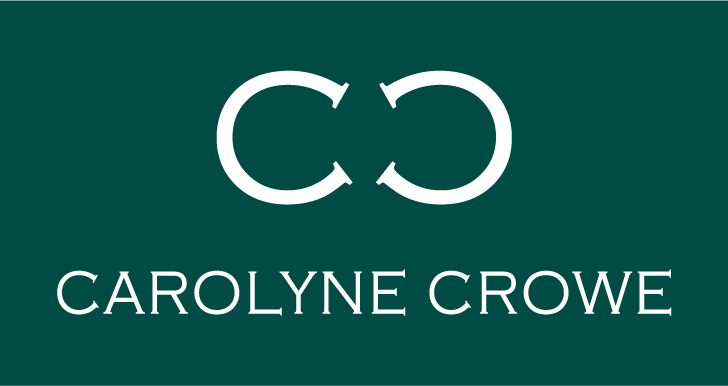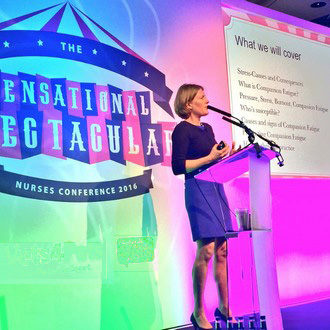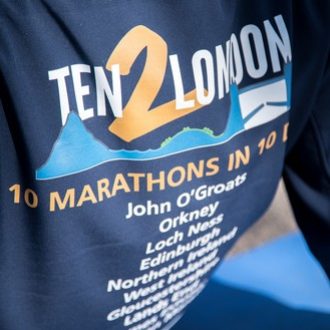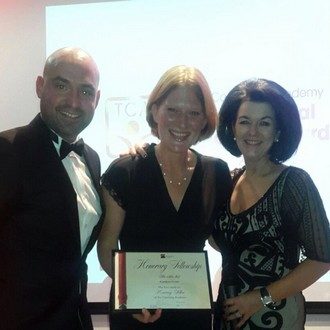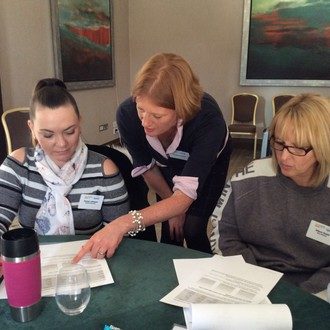Most coaching in the workplace takes place with a qualified and experienced professional coach, but it’s perfectly possible for others to take on a coaching role with colleagues – after all, a coach doesn’t need to have all the answers when he or she is asking the right questions!
The golden rules of coaching
Before taking on the role of coach, it’s important to consider the fundamental truths of coaching – if you struggle with the basic principles then it’s unlikely that you’ll find it rewarding or productive:
Coaching is founded on confidentiality and trust. The process can be successful only if coachees are able to discuss every aspect of an issue or challenge with their coach. You may be required to listen to personal problems or private information that must be kept confidential. Separating your role as a manager and a coach can therefore be a real challenge in practice.
The solution to the coachee’s issue lies within him/her. As a coach, your job is to ask the right questions that will help your coachees arrive at their own conclusions. It’s important that you don’t pitch straight in by problem solving or offering advice – sharing how you might approach the issue is not the point of coaching, your personality and background are very different to those of your coachee. This is often the most difficult aspect of coaching in the workplace; most people working in more senior roles have very good problem solving skills and are required to be decisive and authoritative in their daily work!
There is no judgement or fixed agenda, with agreed goals for each session. SMART goal setting is essential, both for the coach to possess and also to instil in their coachee.
Coaching is about the whole person. Although each coaching session will probably focus on one issue, it belongs to a whole person; one who has specific experiences, emotions and patterns of behaviour. Workplace coaching will usually focus on workplace issues, but coaches must recognise that other factors and issues will likely enter the conversation too.
The coach and coachee are equal partners. No matter what the working relationship or hierarchy outside the coaching session, in the best coaching conversations the coach and coachee are equal partners. The coachee will define the actual issue as they see it, while the coach will use his or her skills to help him/her identify how to deal with it.
Coaching is forward focused and action driven. Coachees are typically looking for some change to their performance, career or life direction. Determining the right path forward may require him/her to look at past experiences and decisions, however positive coaching experiences conclude with an agreed set of steps to be taken now and in the future.
Core skills of a coach
Some types of people are better suited to the role of coach – you might be right to imagine that somebody with little patience and a fondness for doing before thinking would find it difficult to encourage a colleague to reflect and assess his or her motivations and innate preferences. However, that’s not to say it can’t be done, because fundamentally what coaches actually need to be effective is a set of specific skills:
Structured questioning: The ability to use a variety of questioning techniques, from open questions to more specific and probing ones, is important. Knowing the right questions to ask at the right time helps build trust and encourage an honest response from the coachee.
Active listening: It’s vital that a coach can truly hear what is being said, and then go beyond the words used to identify the more enlightening issues around what isn’t being said. Consider which emotions are attached to the words spoken – how does the coachee’s body language compare with what they are saying?
Summarising and repeating: These tools help the coachee relax and see that the coach has been actively listening. In this way, rapport and trust are built, both essential to developing an effective coaching relationship.
Checking in: Strong personalities may find that they begin to drift into their own agenda when coaching and, of course, the point of the process is to identify what’s right for the coachee. Revisiting objectives and assessing progress towards goals by regularly ‘checking in’ with the coachee is vital in order to keep him/her engaged and motivated throughout the coaching process.
The GROW model

If you’re planning on developing your coaching skills, why not try this simple but powerful framework for structuring sessions effectively and optimising outcomes for your colleagues:
- Goal
- Current Reality
- Options (or Obstacles)
- Will (or Way forward)
Using the GROW model is like planning a journey – first, you decide where you are going (Goal) and establish where you are now (your current Reality). Once your destination is clear, you can explore various routes (Options) that will get you there. Then in the final step, establishing the Will, you ensure that you are genuinely committed to making the journey, and are prepared for the main obstacles that you could meet on your way.
So what are you waiting for? Off you GROW!


